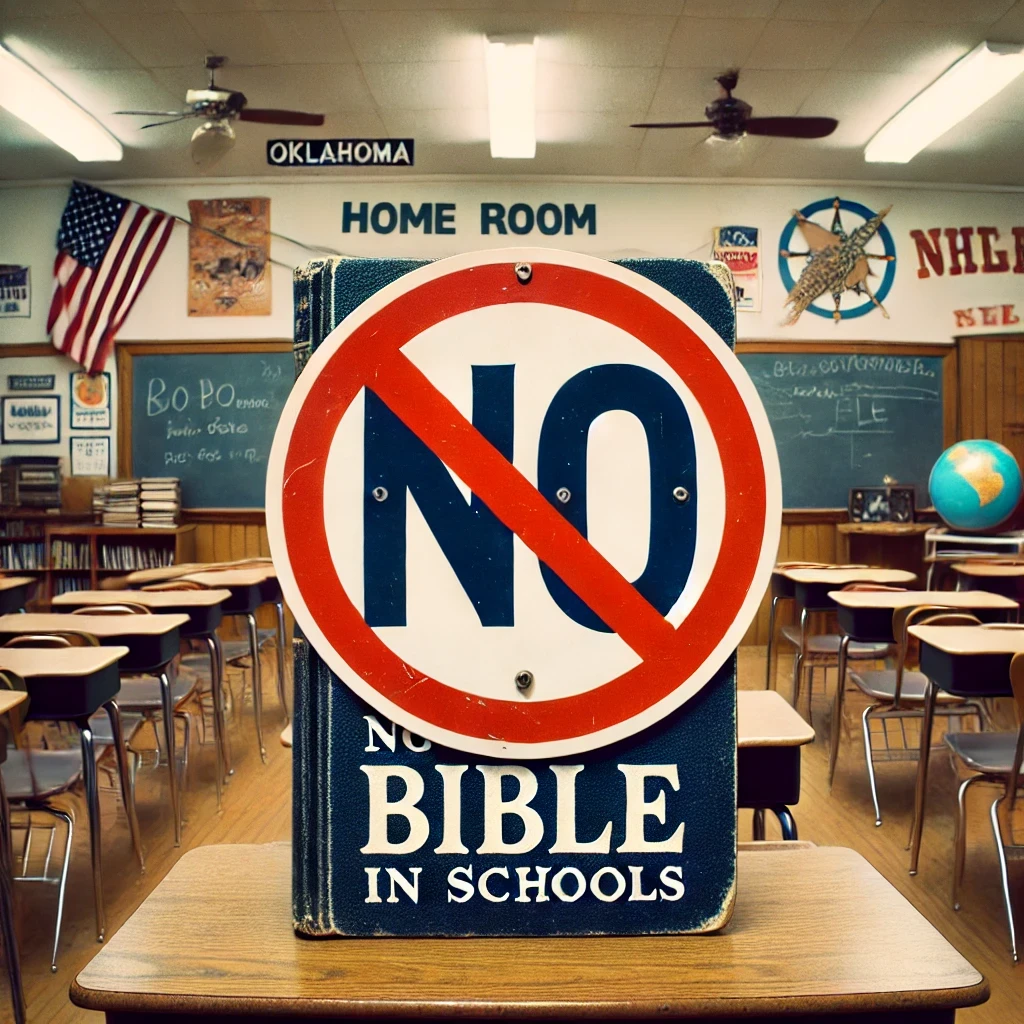Recent decisions by the U.S. Supreme Court have encouraged states like Oklahoma to challenge the long-standing separation of church and state in public schools. This is evident in Oklahoma’s new directive that mandates the inclusion of the Bible in school curricula, sparking significant controversy and resistance from educators.
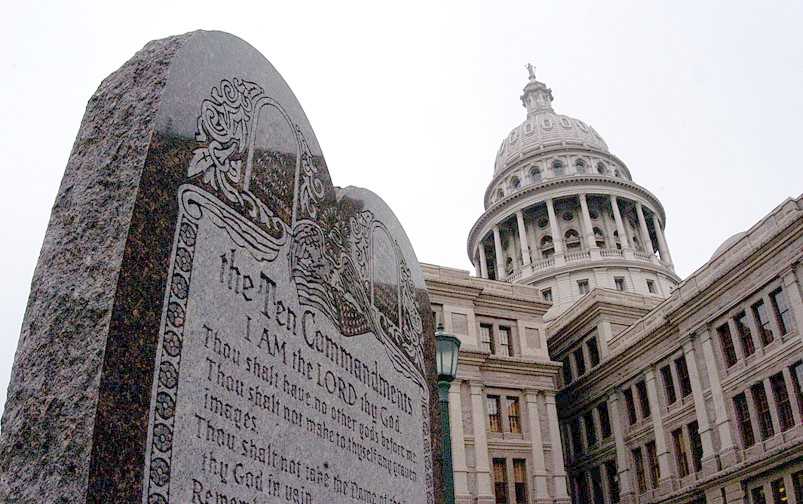
Ryan Walters, Oklahoma’s state superintendent of public instruction, issued guidelines requiring schools to teach the Bible’s historical context, literary significance, and influence on art and music. He also mandated that every classroom display a physical copy of the Bible, the Ten Commandments, the U.S. Constitution, and the Declaration of Independence.
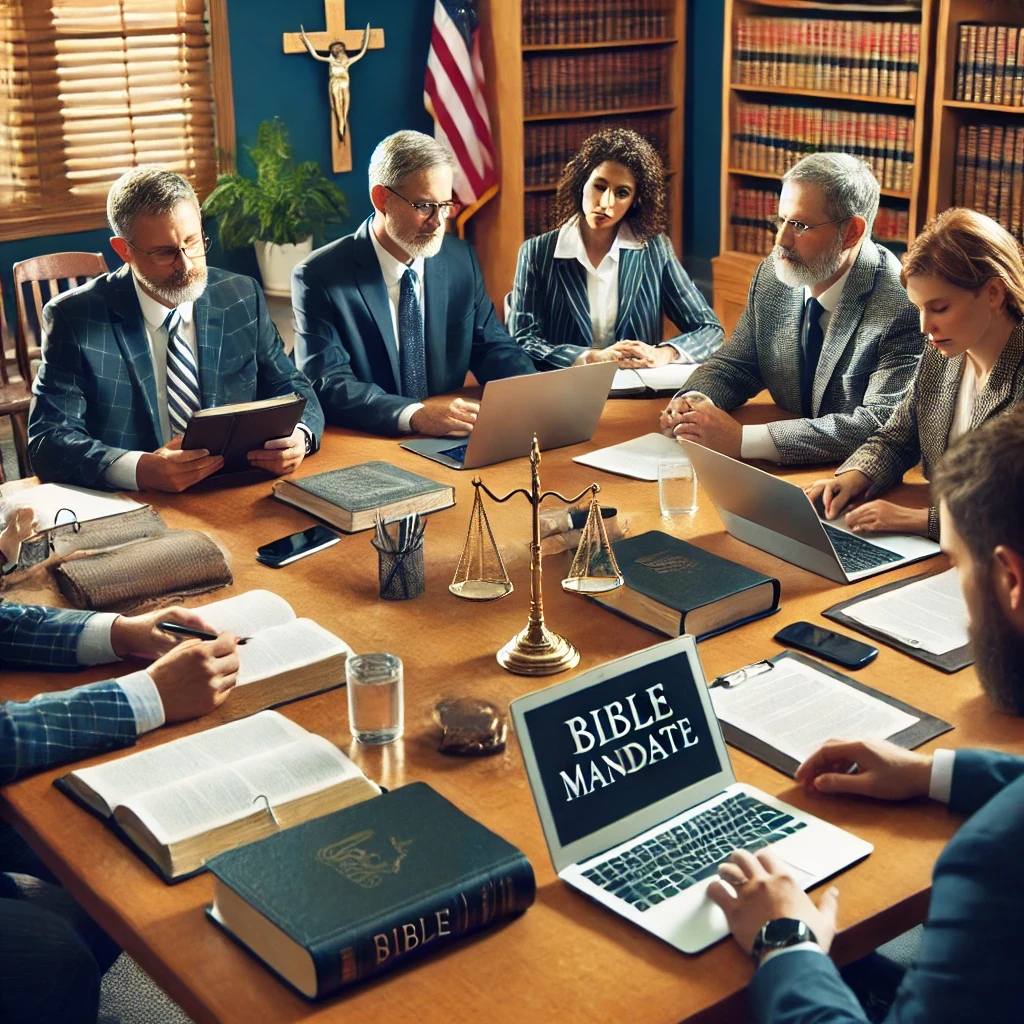
This directive has met with substantial opposition. Legal advisors, including the Oklahoma School Board Association and the State Attorney General, have advised schools not to comply, stating it contradicts state laws that give local districts the authority to determine their curriculum.

Rob Miller, superintendent of Bixby Public Schools, expressed his district’s readiness to file a lawsuit if targeted by Walters. “Our history teachers have always incorporated religious texts as part of that full study, because it is important to do that, but that’s kind of where the line has to be drawn,” Miller said.
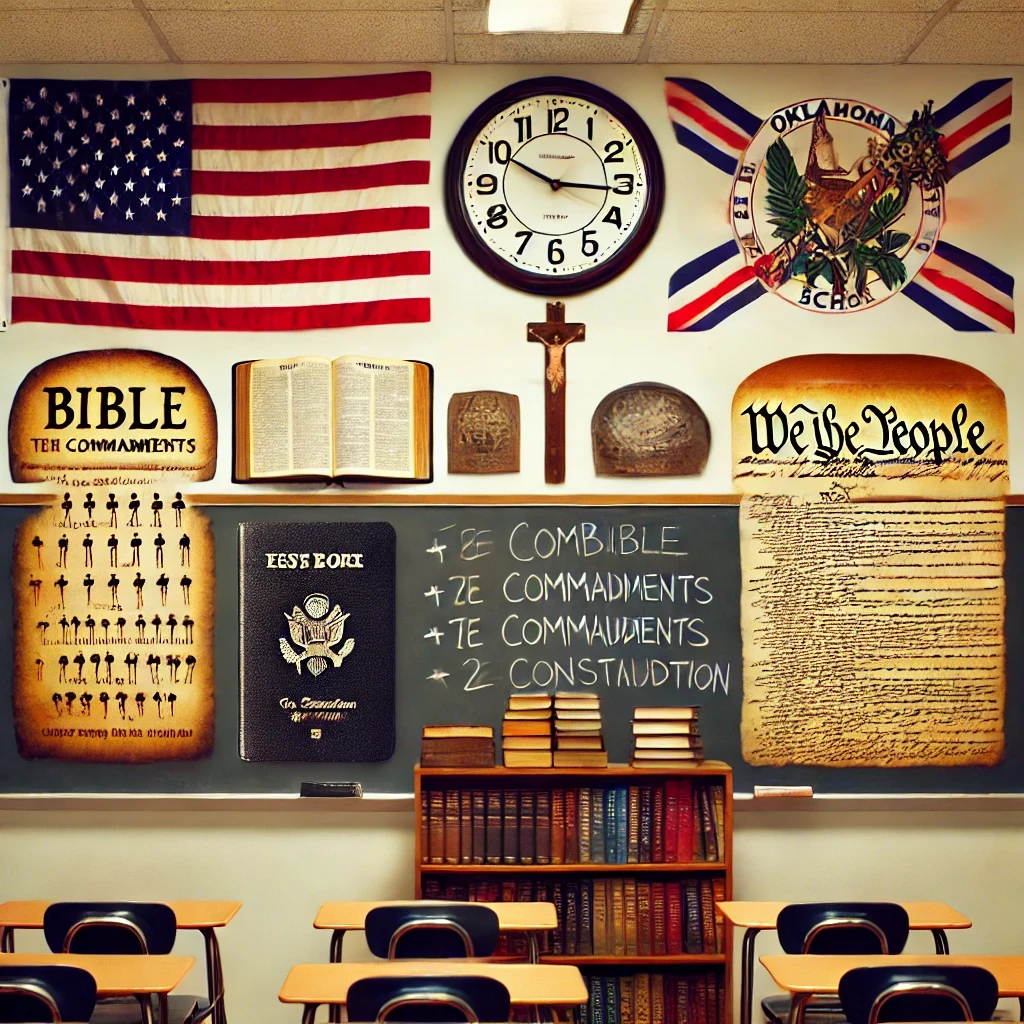
This conflict reflects a broader national trend where conservative activists and politicians push for more religious content in public education. For example, in Louisiana, a new law mandates Ten Commandments posters in classrooms, though this measure is facing legal challenges.
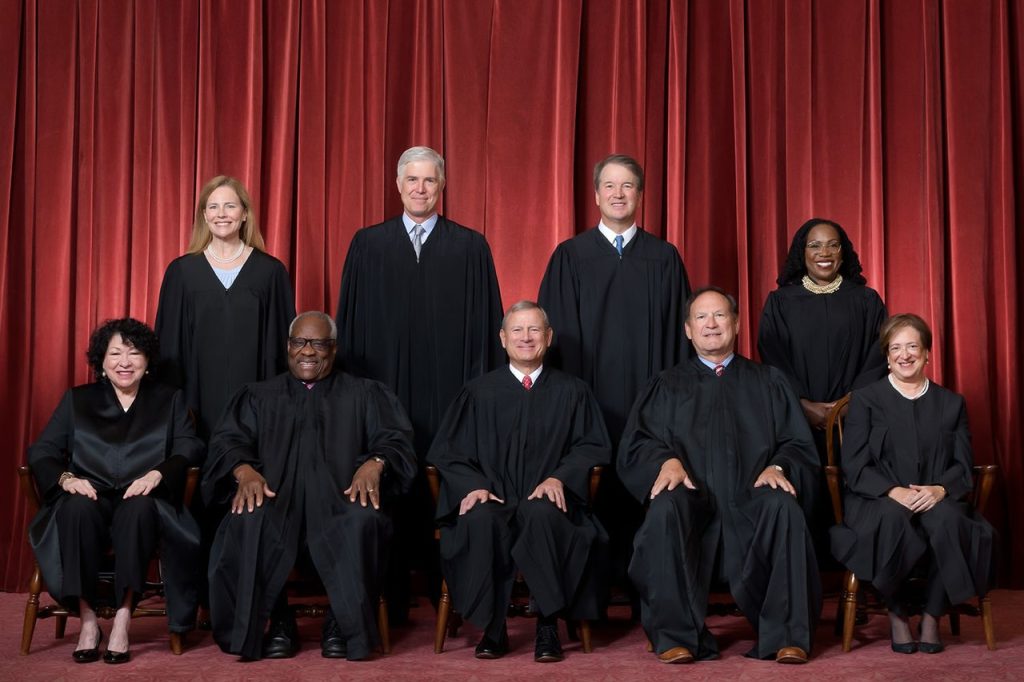
The Supreme Court’s recent rulings have played a significant role in emboldening these state-level initiatives. Walters himself has acknowledged this influence, indicating a desire to see the issue progress through the legal system to the Supreme Court, which he believes might rule favorably given its current conservative makeup.
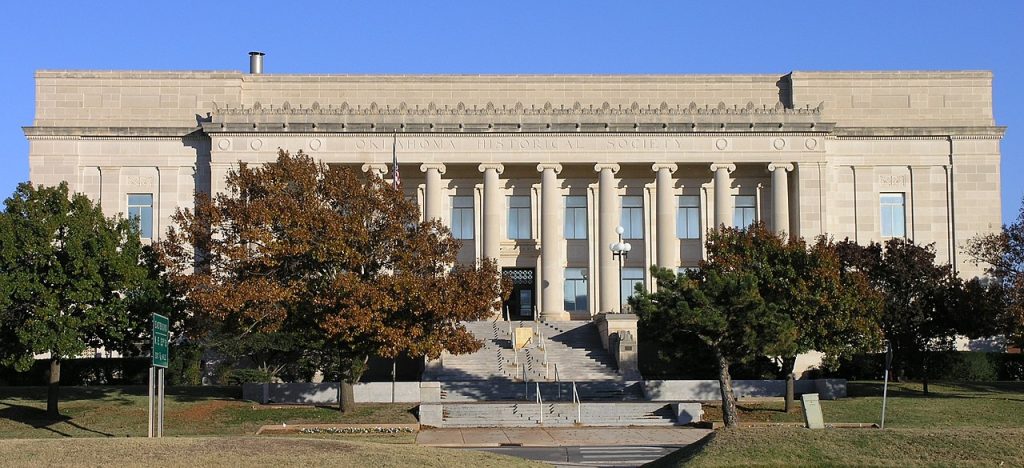
Legal experts and educators argue that Walters’s mandate oversteps his authority and conflicts with state law. The Oklahoma Supreme Court has previously struck down the approval of what would have been the nation’s first publicly funded religious charter school, stating it violated state and federal law.
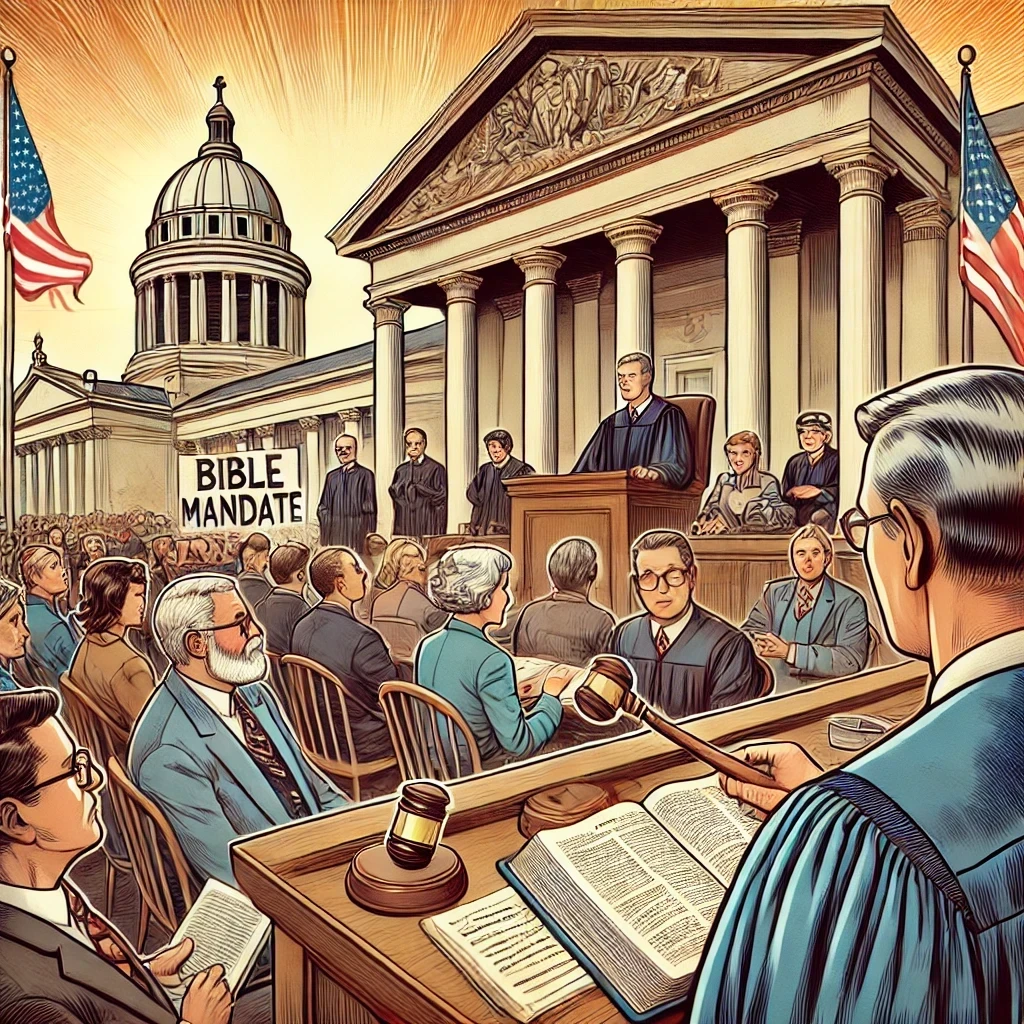
As Oklahoma teachers and school districts prepare for a potential legal battle, the implications of this dispute could redefine the boundaries of religious influence in American public schools.

This move by Oklahoma, influenced by recent Supreme Court signals, could pave the way for significant changes in how the separation of church and state is interpreted and enforced across the country.

